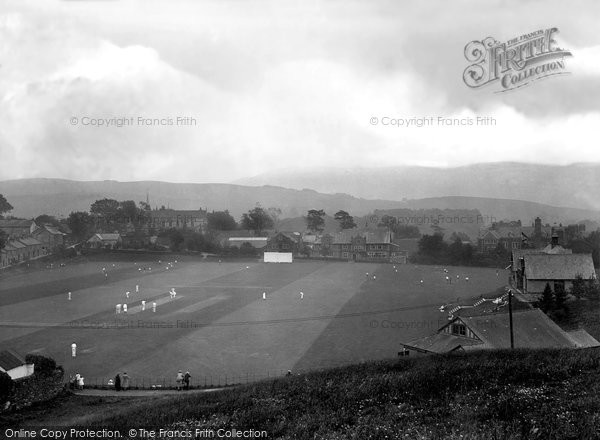When he went, his edifices were scrawled on by well-wishers. His cheeks were garlanded with red-penned declarations that we would never see his life again. Panic had elapsed, following the assassinations of Bobby Kennedy and Martin Luther King, and we had fallen into a frayed acceptance, beyond hysteria. The end seemed but weeks away, and the murder of the totemic Bob seemed to reflect this.
Scene One: 'Pourquoi tournez-vous, monsieur? C'est la fin, il n'y aura personne quitte pour regarder le film'
As the news broke that Redford was murdered attempting to board a train at the Gard du Nord, Parisians took to the streets. January, 1973. Documentary-maker Jean Rouch took his camera. 'Individuals who were not old enough or brave enough to commit to the riots in 1968 were here. They were attempting to make up for something. They were responsible for most of the damage. Efforts at a greater symbolism rarely can be good if they are so preconceived.'
Scene Two: 'En Amerique la police a des fusils. Mais pas ici.'
Suicide by cop is an early verdict, which brings more riots. A man appears on camera. He is old, ninety perhaps, and has wild grey hair. His eyes are an agitated blue. 'ils l'ont tué! Les bâtards du droit religieux lui ont offert comme un sacrifice! Imbéciles!' Rouch translates: 'He says they killed him... the religious right offered him as a sacrifice.' The old man looks at the camera. In English he shouts: 'bastards! I call them religious bastards! Say what I say!'
Scene Three: 'La discussion du symbolisme de blonds, avec les cigarettes.'
The discussion of the symbolism of blonds, with cigarettes. At one point, a student breaks into English to interrupt. 'This is exactly what the world thinks we do in France! We riot, and then we sit in cafes discussing philosophical concerns.' Rouch spends the rest of the scene prompting the assembled to discover if they agree.

Scene Four: 'Déformation de personnalité.'
He had ideas above his station, perhaps. The fact that this icon had the temerity to be beautiful and a scientist upset the extremes of left and right, as well as capillary demons of the nth eye. His suggestion: That a calendar year of 400 days would suffice our needs. Stretch the year to capacity, leaving 25 year-old wrinkled people wandering the planet. This idea threatened many interested parties. Assassinations can fall into several categories. All contain traces of hero-worship. Gilles Deleuze appears on camera. 'In the death of a famous figure like this, one wonders if the abrubt event in everyone's lives is not some form of personality warp, in which we all are meshed in a non-linear paradigm; a world seen only by a third eye, not our own'.
Scene Five: 'Apocalypse Maintenant'
Psychic mistakes do not appear immediately. They fester and burn, showing up as symptoms on maps of the poorer districts. It is easy for the deniers to derail theories, pass such events off as the quirk and spite of the under-appreciative ethnic castes. Even when a rich blonde or two is afflicted with the tawdry, kipnapped and drugged and thrown insanely from a cliff, say, or being brainwashed into being unwashed and homeless, even then still their probes do not quiver unduly. How many apocalypses must we enjoy? JG Ballard suggests that 'thousands of celebrities could die in the Paris night, and our civilisation would be stronger, not weaker.'
Scene Six: 'Le ligers de Paris'
President Georges Pompidou wonders, on camera, if Redford's last will and testament implies that his safari park will be left to the French people. 'Currently, Paris' rainbow ligers are an illusion, created by a series of holograms placed in front of regular ligers. But a real one would be a great posthumous gift to the city.' Some feel that this is inappropriate. But it does suggest that our leaders have confidence that the world has some future.1
Scene Seven: 'Le hot-dog, en sautant la grenouille, Albuquerque.'
1. Georges Pompidou died three months after appearing in this documentary. He was 62.
2. These words were the inspiration for the chorus of Prefab Sprout's 1987 hit 'The King of Rock'n'Roll', and also for the title of Stan Brakhage's 1979 short Albuquerque Frog.









